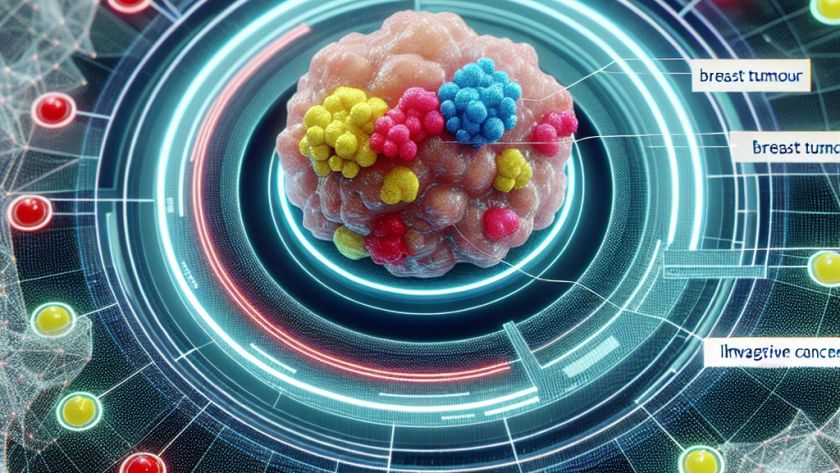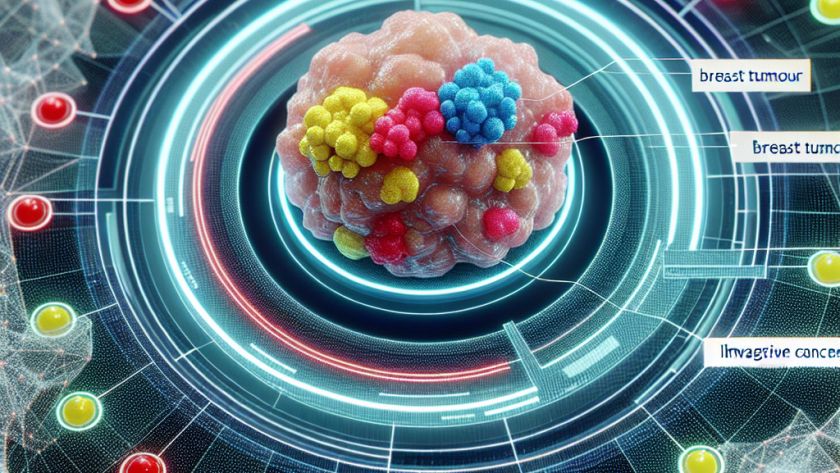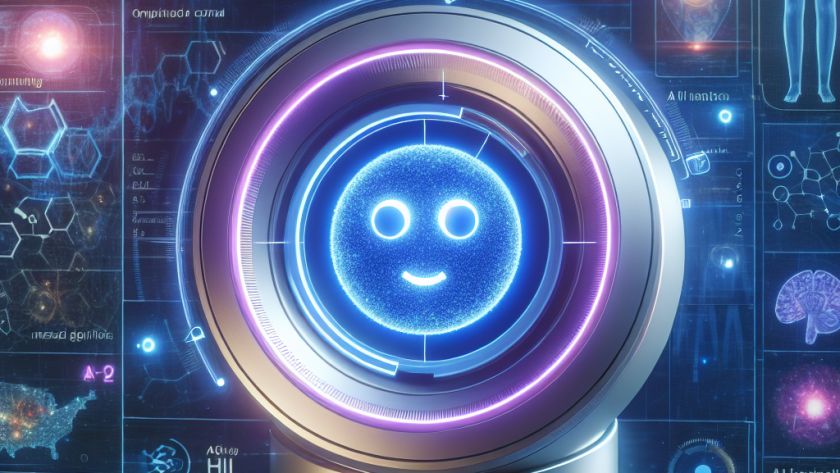Artificial Intelligence, Broad Institute, Cancer, Computer science and technology, Diagnostics, Disease, Electrical Engineering & Computer Science (eecs), Health, Health care, IDSS, Laboratory for Information and Decision Systems (LIDS), Machine learning, MIT Schwarzman College of Computing, National Institutes of Health (NIH), Research, School of Engineering, UncategorizedJuly 24, 2024186Views0Likes0Comments






